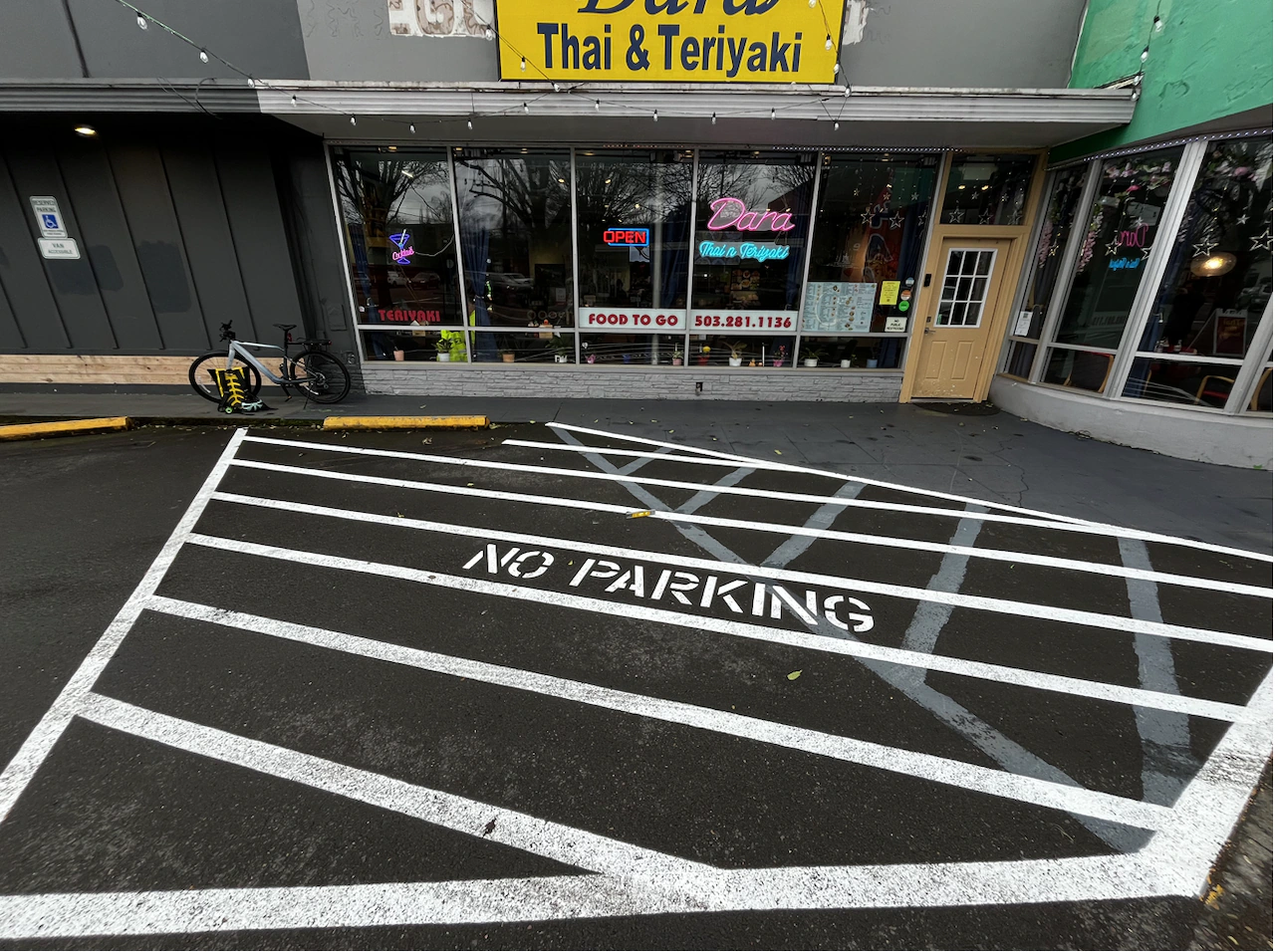
Portland attorney Jessica Molligan misrepresented facts in an “unethical representation” of a client as she pursued a bogus lawsuit alleging disability access violations against a Portland business to extract tens of thousands of dollars in attorney fees, a judge has ruled.
U.S. District Judge Youlee Yim You ordered Molligan to pay the business, AB Hollywood, the full amount of attorney fees it spent defending the case.
“Molligan acted in bad faith in bringing this suit and in the manner she litigated it,” You wrote in a 37-page opinion.
Her misconduct and “sordid scheme,” the judge found, “infected this case” from its inception.
The suit Molligan filed against AB Hollywood was among the first in what became 52 cases filed under the guise of the Americans with Disabilities Act in 2023 and 2024 in Oregon, You wrote.
Molligan handled most of the cases. She filed four on behalf of a Portland man, Conner Slevin, who uses a wheelchair, and another 36 on behalf of two other disabled people. A class-action suit is also pending against Molligan seeking punitive damages.
Molligan didn’t immediately return a message seeking comment.
Slevin admitted in court last year that he was recruited by a Tennessee law firm working with Molligan to go to businesses and target them for disability access violations. He said he got paid $200 a visit.
Slevin later sued Molligan, alleging malpractice. The case is pending.
Molligan had sued AB Hollywood on Slevin’s behalf in September 2023 alleging that the family-run company’s strip mall at Northeast Sandy Boulevard and 45th Avenue didn’t meet the standards of the Americans with Disabilities Act.
At the time, the property consisted of a teriyaki restaurant, one vacant storefront and three parking spaces, including one disabled spot accessible to vans and with proper signs, according to Iain Armstrong, the company’s lawyer. All met the standards of the federal law, he said in court papers.
The judge wrote that Molligan “used the blanket power of attorney to run the case without any input from or, seemingly any meaningful communication at all with her client, and she did not conduct a reasonable investigation into the property before initiating this action.”
“Molligan appears to have regarded plaintiff as little more than a case generator for her, and apart from allegedly visiting the site, plaintiff had essentially no connection with the case or apparently any idea what was going on with it,” You wrote.
You found that Molligan violated the Oregon Rules of Professional Conduct for lawyers, which requires that any decision to settle a case must be made by the client, not the lawyer.
Molligan, in court documents, stood by her position that AB Hollywood had Americans with Disabilities Act violations and that her claims were not frivolous. She said Slevin gave her authorization to settle the suit on his behalf.
Molligan initially sent a letter to AB Hollywood with Slevin’s name on it that alleged access violations and demanded that the company fix them and pay $13,000 in attorney fees. Molligan then filed a lawsuit against the company in U.S. District Court in Portland.
In May 2024, AB Hollywood’s lawyers made an offer to settle Slevin’s lawsuit for $1,000 and Molligan accepted it immediately, according to court records.
She sent a proposed settlement agreement and signed only her name to it, according to court records.
When AB Hollywood’s lawyers then asked Molligan to have the agreement signed by her client, Molligan didn’t respond until the following month and said she would dismiss the suit instead, the court records show.
Slevin then sued Molligan, and AB Hollywood’s lawyer sought court sanctions against Molligan.
Molligan later admitted in court when facing potential sanctions that she knew or at later found out that Slevin had visited the strip mall property in November 2022 when a blue-and-white sign was “plainly legible” that designated an accessible parking space and not “faded and unintelligible” as the suit alleged.
You said Molligan violated one of the “most fundamental aspects” of the attorney-client relationship, by litigating the case “with little, if any, communication with her client,” and including allegations in the complaint that “turned out to be false.”
The judge’s opinion did not provide the total amount of attorney fees that Molligan has been ordered to pay.



